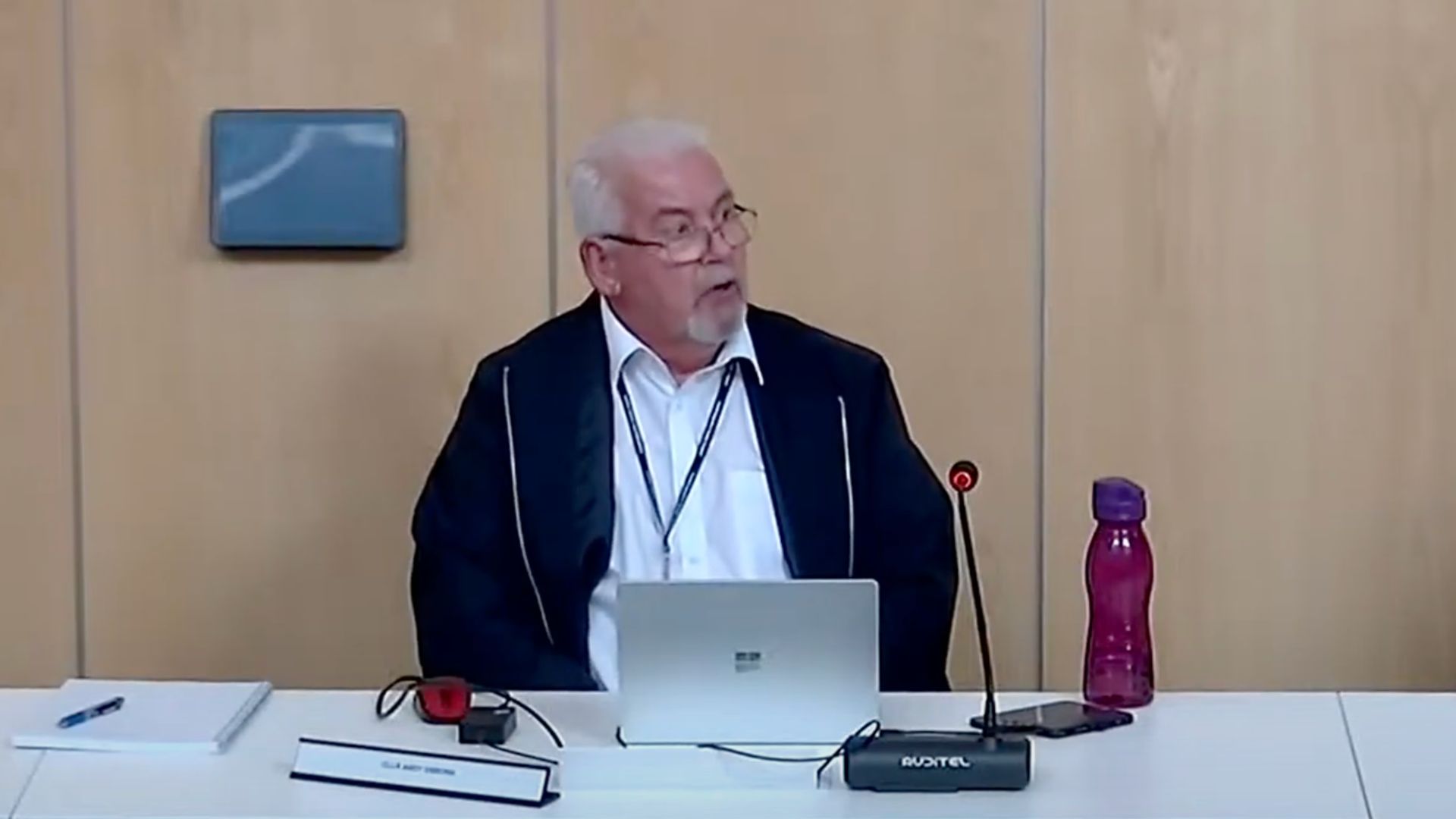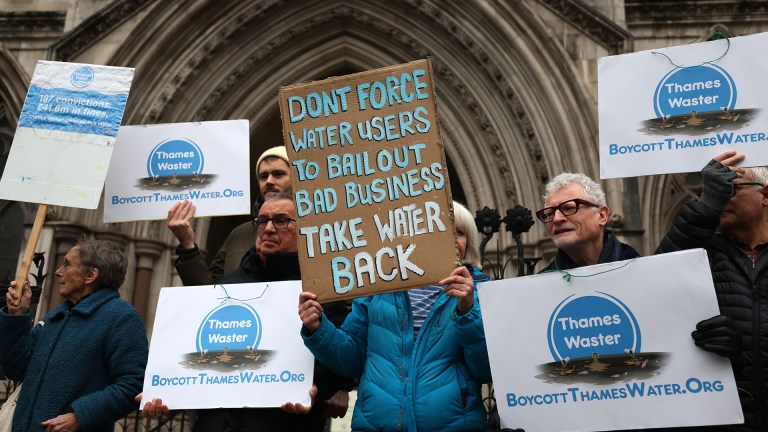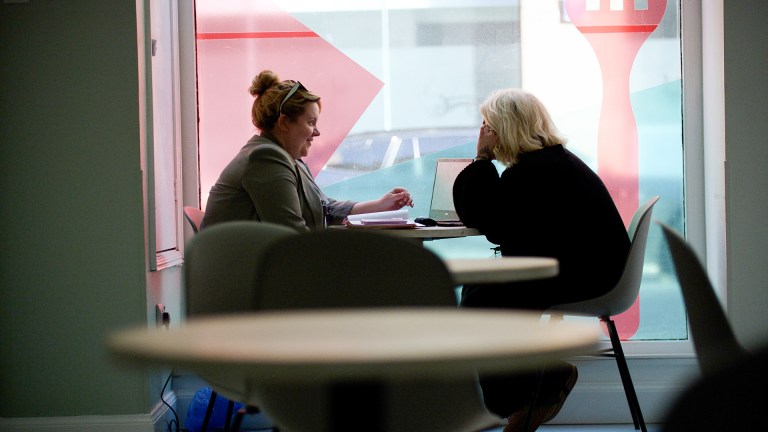But his comments lay bare a deeper issue: how little many people understand about the care system. For my generation, I grew up with Tracy Beaker being the main reference for my friends to understand what being in care was like – even though I was in foster care, while the fictional BBC character lived in a residential children’s home. But for earlier generations, media coverage of children in care was often riddled with language like ‘unwanted children’.
The topic of conversation came up during the Children and Young People Committee, which heard that the authority had overspent on care placements by £7.5 million. Council spending in this sector has significantly increased over the last few years due to the growing number of children entering the system and a shortage of suitable placements.
Going by the councillor’s comments, it’s clear he doesn’t have an in-depth knowledge of the system. He later justified his language by saying that children were “smashing cars up, running away from home, and are on drugs”.
He added: “It is not just a case of somebody being a bad boy or a bad girl, it is a case of they have learnt from their bad parents not to react correctly.”
While smashing cars up, running away from home and being on drugs may be problematic issues, it’s important to think about why these behaviours might be manifesting themselves. Running away from home could indicate a problem with their environment. Sometimes, children see it as the only option to escape from a seemingly inescapable situation. Smashing up a car could be a trauma response to something difficult that may have happened, as could taking drugs. According to the latest statistics, young people referred to children and young people’s mental health services can expect waits of at least two years.
To pretend like no middle-class child from a happy family has ever done anything like this would be foolish. But children in care are easier to stereotype.
Unfortunately, with comments like this coming from people in positions of power, these stereotypes will just continue to be reinforced.
It’s also important to remember that not every child goes into care due to having ‘bad parents’. There are lots of reasons a child might enter the care system. Their parents may have died, there could have been a family breakdown after a divorce or other major event, or the family may be living in poverty and not be able to afford to keep looking after their children. Yes, some children do go into care due to abuse or neglect, but it’s important to remember these aren’t traits the child automatically inherits. Personally, I know many children who have gone on to break the cycle of care in their family and go on to raise their own children in safe and loving homes.
In December 2022, the Children’s Commissioners Office found that 52% of children in care had a criminal conviction by age 24 compared to 13% of children who had not been in care. Andy might read this statistic and conclude that children in care are indeed evil.
But children in care are disproportionately criminalised and are more likely to be arrested, cautioned and convicted than their peers. Why? One reason is their living situation. If a child living at home with their parents accidentally breaks a lamp in the corner of the room, they may get told off. If a child in a children’s home accidentally breaks a lamp in the corner of the room, the police may be called, and they may be charged with property damage. This is because those running the children’s home may need a police report to file for insurance.
If I had to use the word ‘evil’ to describe the care system, it wouldn’t be directed at the children. It would be directed at those in positions of power who let easily fixable cracks like this emerge in the system, and deride those who fall through.
Promises are easy to break. Sign Big Issue’s petition for a Poverty Zero law and help us make tackling poverty a legal requirement, not just a policy priority.
Do you have a story to tell or opinions to share about this? Get in touch and tell us more. Big Issue exists to give homeless and marginalised people the opportunity to earn an income. To support our work buy a copy of the magazine or get the app from the App Store or Google Play.











